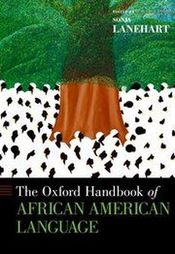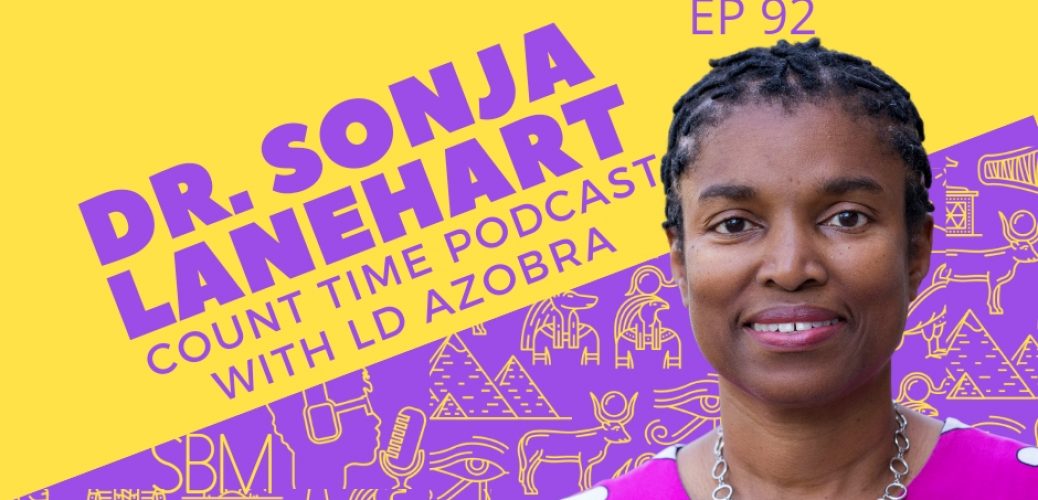Dr. Sonja Lanehart
The life of a linguist and how to become one. The spectacular story of an author, linguist, social justice advocate, mentor and parent. Our Living Legend is Professor of Linguistics in the College of Social and Behavioral Sciences at the University of Arizona.
If you haven’t yet, subscribe to the Count Time Weekly Alerts.
You will be added to our private community for comment, discussion and members only content.
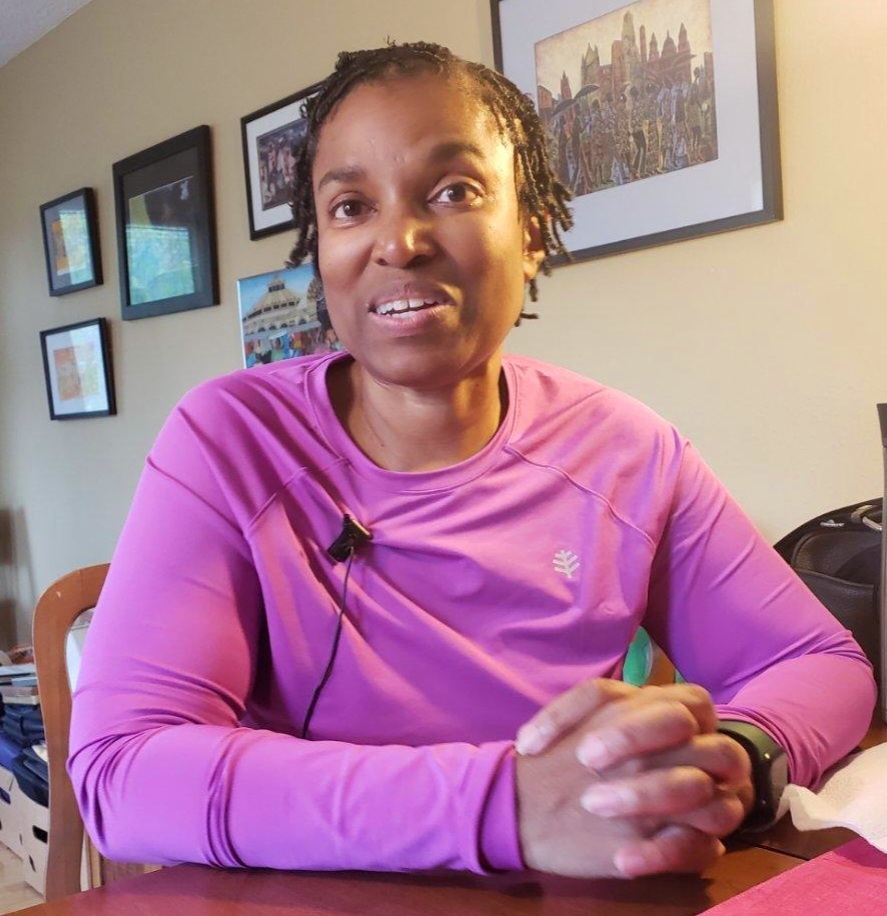
Count Time Podcast Living Legend Sonja Lanehart
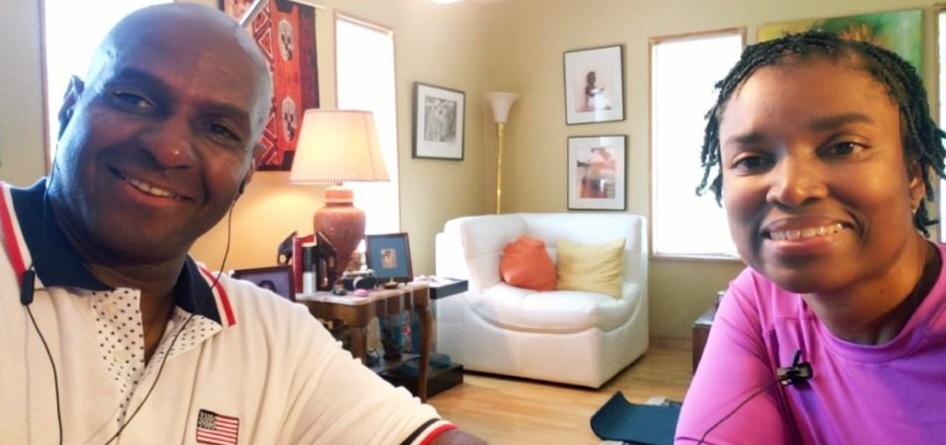
Selected quotes and notes from Count Time Podcast with LD Azobra Interview with Dr. Sonja Lanehart
Sonja Lanehart is Professor of Linguistics in the College of Social and Behavioral Sciences at the University of Arizona with a partial appointment in Teaching, Learning, and Sociocultural Studies in the College of Education as well as a Faculty Fellow in the Graduate College as of August 2019. Her scholarship focuses on language, literacy, and education in African American communities; language and identity; sociolinguistics and language variation; and Black education from Black feminist and Critical Race Theory perspectives.
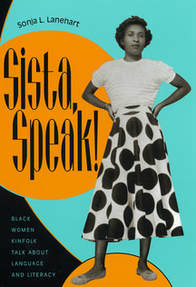
She is particularly interested in African American Women’s Languages and pushing the boundaries of research in sociolinguistics and language variation to be more diverse, inclusive, and intersectional (e.g., race/ethnicity, gender, sexuality, gender identity, region, SES, and religion) as seen with the significant research advancement presented in The Oxford Handbook of African American Language (Oxford University Press, 2015). She also is an advocate for mentoring and the retention of emerging scholars of color and a social justice advocate for equity and inclusion.
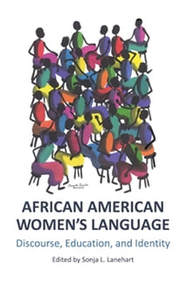
She is a past co-editor (with Paul Schutz) of Educational Researcher: Research News and Comment section, the lead journal of the American Educational Research Association, which is delivered to more than 23,000 members.
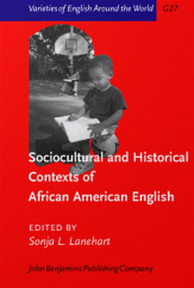
She is also a past book review editor of American Speech. She is the author of Sista, Speak! Black Women Kinfolk Talk about Language and Literacy (U Texas Press, 2002), which received Honorable Mention in the 2003 Myers Outstanding Book Award competition sponsored by the Gustavus Myers Center for the Study of Bigotry and Human Rights in North America, editor of Sociocultural and Historical Contexts of African American English (John Benjamins, 2001), and African American Women’s Language: Discourse, Education, and Identity (Cambridge Scholars Publishing, 2009). She most recently published The Oxford Handbook of African American Language (Oxford University Press, 2015).
